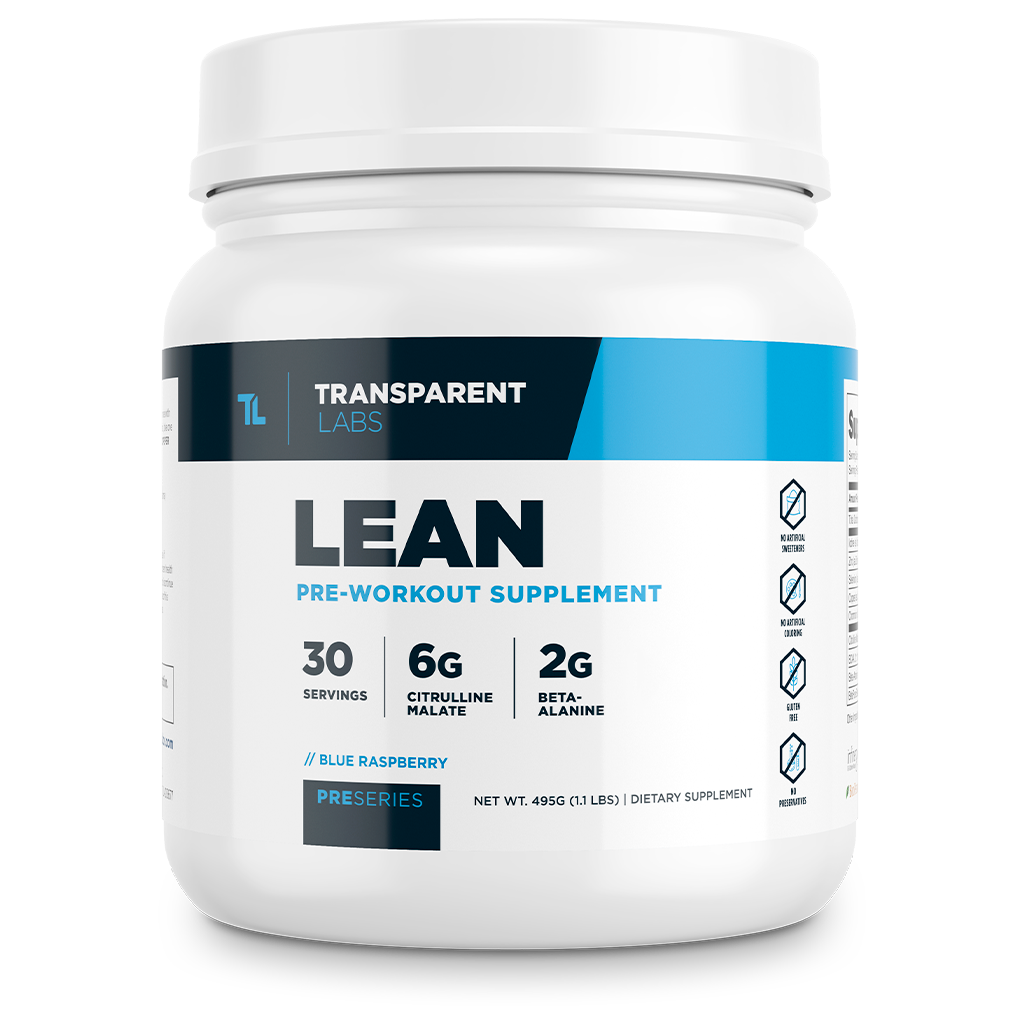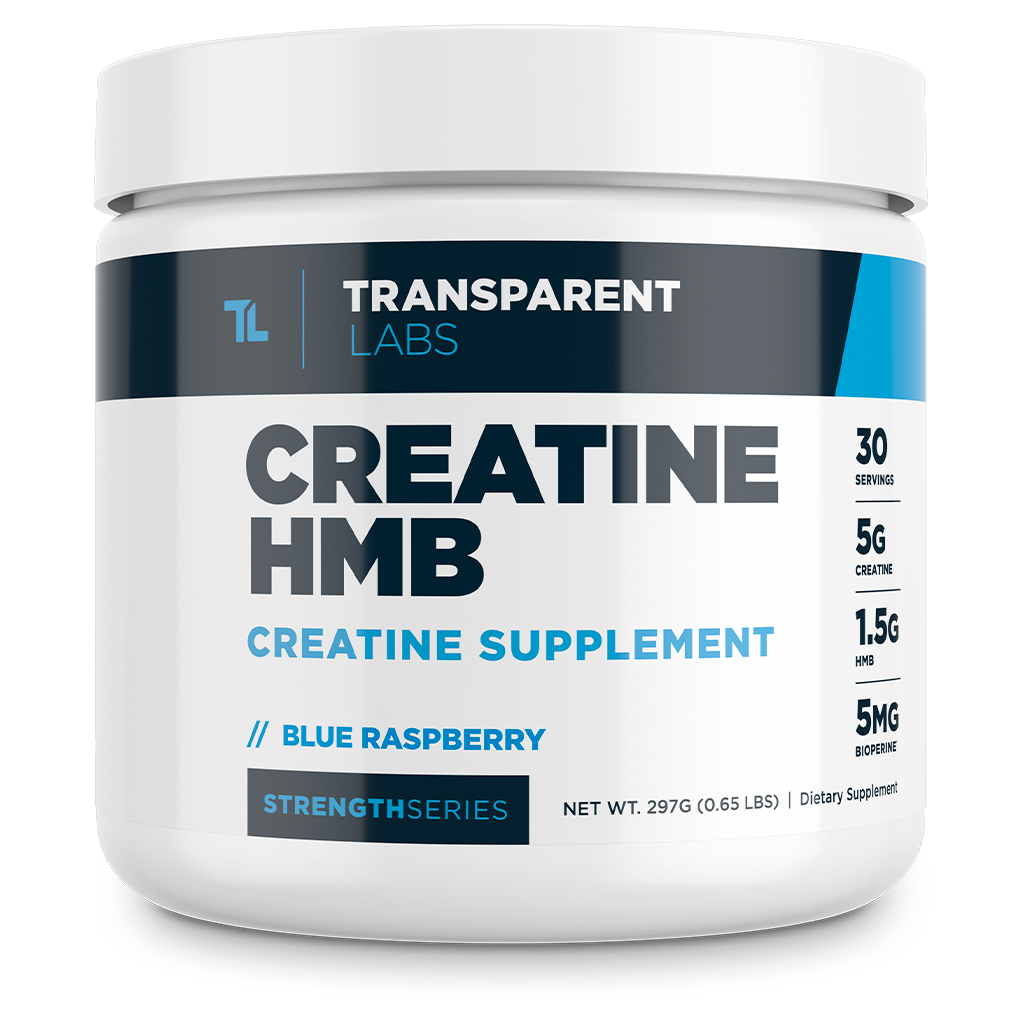The "Metabolic Confusion Diet": Does It Really Work for Weight Loss?

What Is the Metabolic Confusion Diet and Does It Really Work?
Dieting can be both a healthy and popular choice for many individuals to help achieve their fitness goals, so long as it’s done right. Yet, so many diets involve eliminating foods that contain essential nutrients that our bodies require to maintain good health.
The metabolic confusion diet plan has become a popular choice for those individuals looking to lose weight without the need to calculate their calorie intake. Instead, the metabolic confusion diet is a flexible approach to “cutting” calories to potentially help with weight loss.
The question is, does it really work?
Follow along to learn more about metabolic confusion, how it works, the benefits and the downfalls of this dieting plan, and if it is actually worth trying for yourself.
What Is the Metabolic Confusion Diet?
The metabolic confusion diet, also known as calorie shifting or calorie cycling, is a dieting style that puts a whole new meaning to the term “calorie counting”.
Rather than maintaining a daily calorie intake to achieve your weight loss goals, the metabolic confusion diet allows you to switch between high-calorie and low-calorie days. As the name describes, the purpose of this diet is to “confuse” the metabolism into a constantly changing caloric intake to prevent it from slowing down.
According to Harvard Health, maintaining a high resting metabolic rate will help our bodies burn more calories both at rest and during activity. As a result, boosting our metabolism through a combination of diet and exercise can help contribute to healthy weight loss [1, 2].
The Different Types of Calorie Cycling
There are two common approaches to calorie cycling that dive deeper than restricting calories as a whole.
1. Carbohydrate Cycling
The most common is known as the carb cycling plan. This dieting technique is where you eat fewer carbohydrates on certain days (low-carb intake days) and more carbohydrates on other days (high-carb intake days). Experts believe that carb cycling may be the most effective method to speed up our metabolism and help with fat metabolism [3].
2. Protein Cycling
The second most common calorie cycling plan is known as protein cycling which is the same technique as carb cycling, only with protein. Of course, eating plenty of lean protein is certainly beneficial, but protein fasting once a week has its advantages too.
Research has found that protein cycling allows our body to ramp up “clean up” mode in a process known as autophagy, also known as self-digestion. When we occasionally limit protein intake, we force our cells to recycle proteins throughout the body and as a result, excrete any toxic or harmful substances in their surrounding areas [4, 5].
How Does Metabolic Confusion Work?
The metabolic confusion diet is similar to intermittent fasting but without an extreme calorie restriction. For example, a person on this type of calorie-shifting diet may choose to restrict their calories in the following manner:
-
1-week interval: 5 lower-calorie days (Monday to Friday) followed by 2 higher-calorie days (Saturday and Sunday)
-
2-week interval: 10 lower-calorie days followed by 4 higher-calorie days
-
1-month interval: 3 lower-calorie weeks followed by 1 higher-calorie week
Pros and Cons of the Metabolic Confusion Diet

For health purposes, it’s essential to consider the benefits and potential downfalls before fully committing to a new dieting regimen. Based on expert opinion, here’s what you need to know about the metabolic confusion diet.
Pros
-
While it is still a “calorie restriction” diet, the metabolic confusion diet is more flexible in taking breaks from low-calorie days to minimize the risk of prolonged hunger
-
The flexibility in high and low-calorie days is associated with long-term compliance and improved weight management [6]
-
The varying periods of calorie deficit with this type of diet is shown to improve blood sugar and fat metabolism (especially with carb cycling) [7]
-
Similar to intermittent fasting, metabolic confusion dieting improves insulin sensitivity which helps reduce our risk of diseases such as diabetes and cardiovascular disease [8]
Cons
-
Swinging between high and low-calorie days may reinforce bad eating habits and unhealthy diet quality (i.e. consuming high-calorie, processed food and beverages, binge eating, etc.)
-
Consuming extra calories during high-calorie days can contribute to weight gain without proper restrictions and lack of exercise to supplement this lifestyle
-
Any calorie restriction diet designed to fluctuate between high or low calories may result in the loss of lean mass (i.e. muscle mass), rather than body fat [9]
Does the Metabolic Confusion Diet Help With Weight Loss?
Dieting for the purpose of weight loss is always a tricky situation. Most people would agree that there is no benefit to losing weight under the conditions of a dieting technique if it’s not something that can be maintained forever.
Many people prefer the metabolic confusion diet for this reason: it’s flexible, less restrictive, and easier to maintain long-term. However, does it actually help with weight loss?
To answer this question, let’s take a look at what the research has to say.
In comparing traditional calorie restriction with calorie shifting, this study looked at the difference in metabolism between two groups over the course of 42 days. The first group consumed 1,200 calories per day while the other group restricted their calorie intake for 11 days with 3 days of unrestricted eating.
In the end, researchers discovered that the participants in the calorie restriction group experienced a significant decrease in their resting metabolic rate, while those in the calorie shifting group maintained their resting metabolic rate [10, 11].
Using Metabolic Confusion to Lose Weight? Think Again.
Creating metabolic confusion by alternating between high-calorie and low-calorie days is shown to help carbohydrate and fat metabolism, improve insulin sensitivity, and assist with weight management.
Compared to long-term caloric restriction diets that are proven to have a negative effect on resting metabolism, the metabolic confusion diet may be more beneficial for adherence-sake. However, there is minimal evidence to support the idea that sharp caloric shifting will contribute to sustainable weight loss.
For those who are looking to lose weight and find balance in their day-to-day eating pattern, it’s more important to focus on maintaining an overall healthy lifestyle by engaging in regular exercise, getting enough rest, and consuming nutrient-rich foods.




